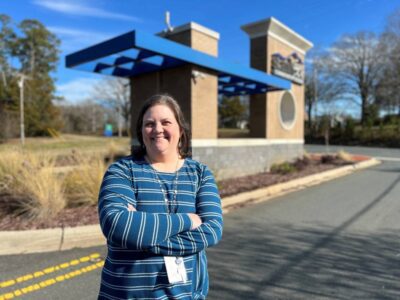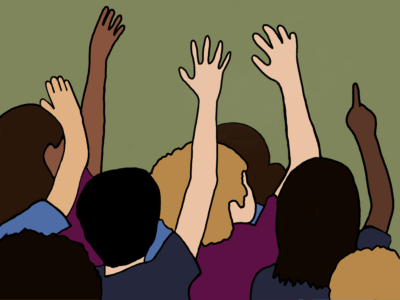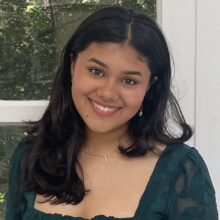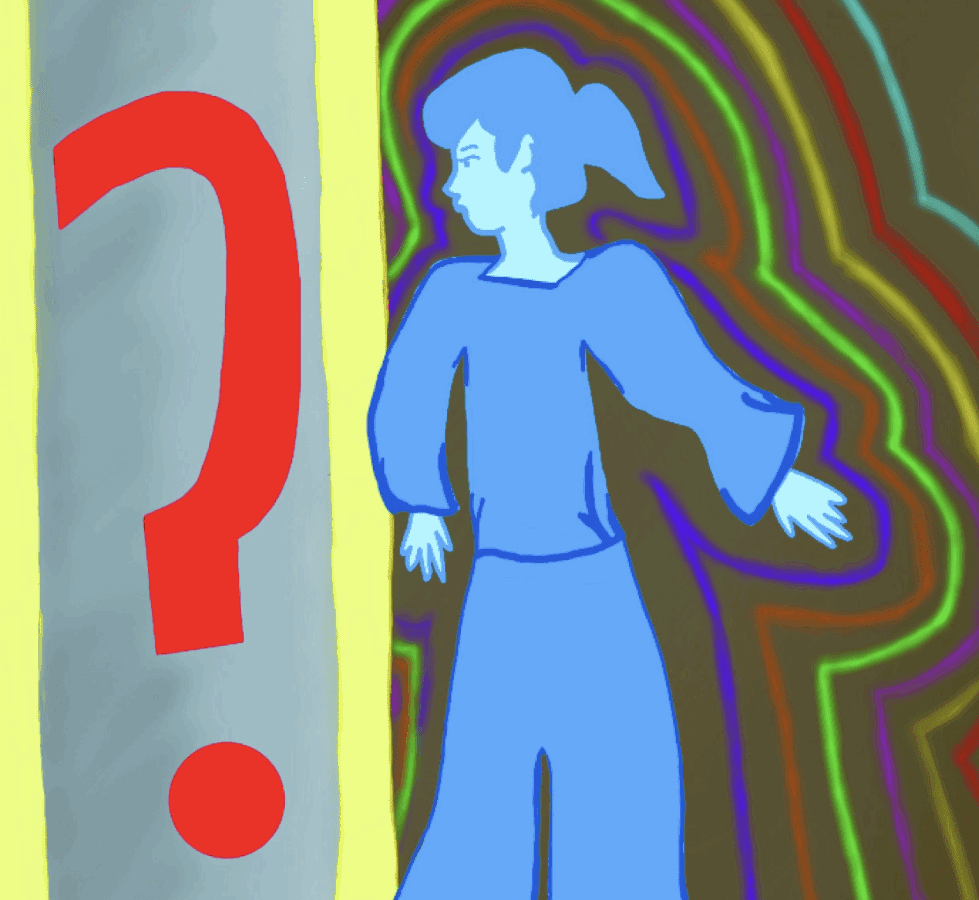
Decorated with fairy lights and tapestries, my residential school’s lounge gears up for an annual tradition: hall scream. Accompanied by 30 other girls, I am right near the open windows, ready to unleash a “teenager-approved” — loud yet timid — roar.
Hi, my name is Tejasvi Shirolkar. I am not a policy expert or professional.
I am, however, the 17-year-old daughter of immigrants — who came from a country where discussing mental health was considered taboo — and a North Carolina native. I attend the North Carolina School of Science and Mathematics (NCSSM) in Durham. Through NCSSM, I have had the privilege to meet kids from across our state with a variety of socioeconomic and cultural backgrounds.
In the eyes of many policymakers, my lack of qualifications means I can’t make important decisions regarding youth-based mental health policy. Is it true that I haven’t graduated high school? Yes. Can I also be an advocate for my peers and help make paramount statewide decisions about youth mental health? Also yes.
After hours of listening to and empathizing with other kids, I know the unheard struggles teenagers go through today. No number of youth behavioral health advisory boards featuring only adults, from policymakers to health care executives, will spearhead mental health change for us.
There is only one qualification that matters in this conversation: kid.
Related reads

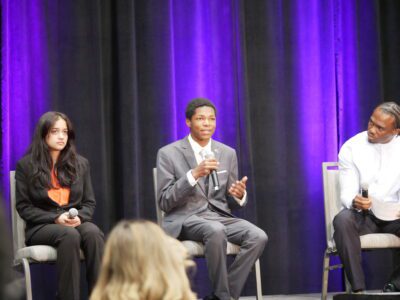
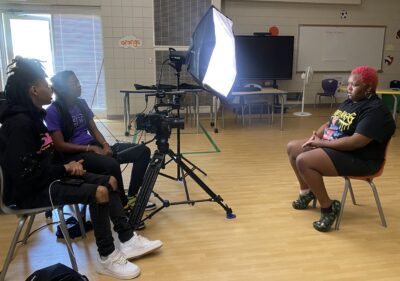
How to include youth voice
In 2023, former Gov. Roy Cooper released a $1 billion plan to tackle the state’s mental health crisis, with $175 million dollars directed to making “behavioral health services more available when and where people need them,” including in schools.
Clearly, investing in youth mental health is valuable. Intuitively, better individual mental health would lead to stronger, more social communities. Now, how exactly do we get youth involved in tough conversations?
The truth is, however you can. There are two main components to solving this issue:
- Firstly, offering youth a society where mental illness is widely known and defined, rather than an abstract concept. Without understanding, people misinterpret and stigmatize.
- Secondly, creating spaces for youth to express and identify negative emotions. These don’t have to just be formal therapy environments; they can be classrooms, homes, or any place where youth feel heard.
In my case, my safe space was virtual and involved writing pages of poetry.
After accidentally stumbling across an opportunity to join my local youth council, I was able to discuss youth mental health with not only my peers, but local officials.
I felt understood. No matter our geography in the county, our experiences were strikingly similar.
![]() Sign up for the EdDaily to start each weekday with the top education news.
Sign up for the EdDaily to start each weekday with the top education news.
Creating a virtual outlet: Meet ‘mellie’
In response to these conversations, I ended up co-creating a “zine” about youth mental health during COVID-19.
According to Merriam-Webster, a zine is “a noncommercial often homemade or online publication usually devoted to specialized and often unconventional subject matter.” To me, a zine meant freedom; it was an art- and poetry-packed way to describe growing up in a COVID-19 world.
The feedback was astounding: over 1,000 zines were distributed across my home county. This idea has been renewed twice since then, amounting to a total of three zines: “COVID9TEEN,” “AFTER4,” and “COUNT on Community.”
For my second zine, AFTER4, I was able to interview U.S. Rep. Deborah Ross, a Democrat representing North Carolina’s 2nd District. I asked a simple but potent question: How are you and the rest of the government helping combat the youth mental health crisis?
I loved making zines, but I needed more. Learning about how laws were passed in classes at school and learning outreach through my zines solidified my interest in policy. I wanted to be more than a poet; I wanted to have a voice in the policy that affected me.
Ultimately, I, along with a friend from NCSSM, founded mellie — a North Carolina-based mental health movement. Through an anonymous form, mellie asks one main question: “What keeps you up at night?” All responses are anonymous and posted on our website.
Creating mellie meant moving beyond contributing to a youth-dedicated space — it meant creating my own.
My lack of policy experience is what makes my voice even greater; I have been shaped by real-world experiences, not just books.
All the teenagers in my residential hall yell differently during “hall scream” — some quiet, some loud, and some in-between. However our voices may sound, it is up to youth across North Carolina to use them.
Recommended reading
